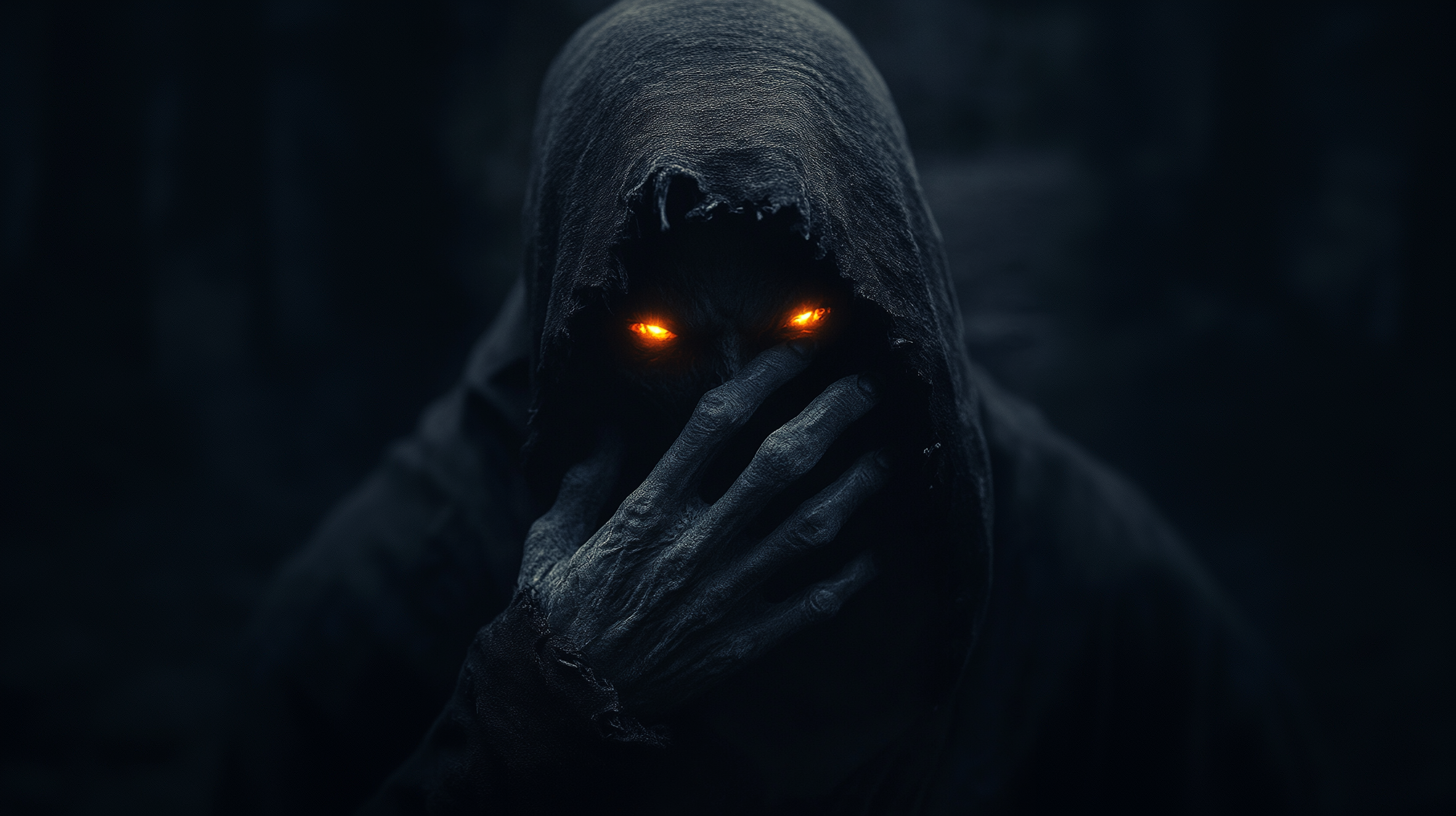
From a Catholic perspective, demons are fallen angels who rebelled against God, now acting as tempters and adversaries in the cosmic struggle between good and evil, seeking to lead humanity astray from divine truth.
Demons were originally angels created good by God, but they fell through pride and disobedience, led by Satan. This rebellion is depicted in Revelation 12:7-9, where they were cast out of heaven, becoming enemies of God and humanity (CCC 391-392).
Demons chose to reject God’s will, turning their nature toward malice and opposition to the divine order. Their evil is not inherent but a consequence of free will, as seen in their temptation of Eve (Genesis 3:1-5) and ongoing hostility (CCC 414).
Demons tempt, deceive, and sometimes oppress humans, aiming to sow sin and despair. Examples include the serpent in Eden and Jesus’ temptation (Matthew 4:1-11). The Church teaches they influence but cannot control human free will (CCC 395).
As spiritual beings, demons retain angelic intellect and strength but use them for evil. They can suggest thoughts, manipulate perceptions, or, in rare cases, possess individuals, though their power is limited by God’s sovereignty (Job 1:12; CCC 395).
While both are spiritual creatures, angels serve God as messengers and guardians (Hebrews 1:14), whereas demons oppose Him. The war in heaven (Revelation 12:7-9) marks their division, with demons eternally fixed in rebellion (CCC 336, 393).
Demons, being immaterial, are invisible to human senses unless they manifest supernaturally, as in possession cases. The Church discerns their presence through spiritual signs, not physical evidence, relying on faith and exorcism rites (CCC 1673).
Yes, demons appear as “unclean spirits” (Mark 5:1-13), “fallen angels” (2 Peter 2:4), and Satan’s followers (Revelation 12:9). Scripture portrays them as active foes, expelled by Christ’s authority (Luke 10:18-19).
The Church uses prayer, sacraments, and exorcisms to counter demonic influence. The Rite of Exorcism, entrusted to priests, invokes Christ’s power to free the afflicted, while devotions like the Rosary offer protection (CCC 1673, 2850-2854).
Demons, having made an irrevocable choice against God, face eternal damnation. Revelation 20:10 foretells their punishment in the “lake of fire” alongside Satan, a destiny sealed by Christ’s victory (CCC 393).
Demons incite sin by tempting humans, as in Eden (Genesis 3), but cannot force it. Catholic teaching holds that human responsibility remains, with grace through Christ overcoming demonic lures (1 John 3:8; CCC 413-414).